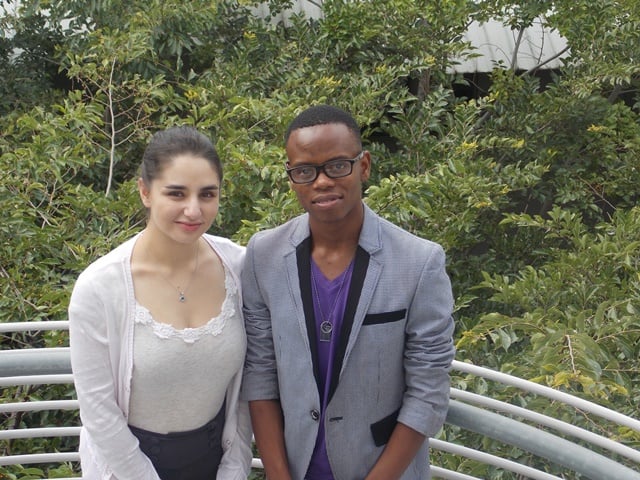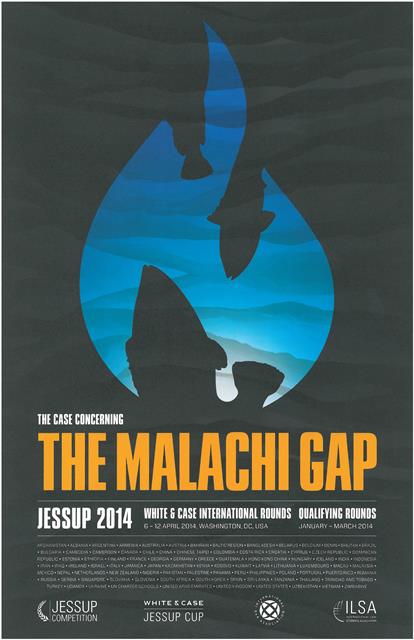Posted on February 02, 2014

Coach Martie Bradley says that "competing in moot courts and international moot courts teaches students intricate research and writing skills as their arguments are tested by an international panel of judges, confidence, court etiquette and exposure to verbal presentation on an international level. There is truth to the saying that moot courts are won in the library as every legal aspect and authority has to be consulted to give a correct nuanced version of your case. The fact that both applicant and respondent sides have to be argued gives students a very balanced view of research and the art of presenting the same case for opposing sides. A winning team has to be able to write academically, to research very accurately and to present orally, resulting in the development of legal skills at a rapid rate during such competition."
According to Adu, "assisting the team was driven by the importance of mentorship and the development of student culture at UP. Especially having been a past Jessup Mooter I wanted to plow back the skills that I had learnt. The Jessup Cup is an important opening for law students interested in public international law and addresses some of the most critical global issues today. It teaches and allows students to become connected and retain a critical mindset in geo politics, security, state practice, human rights and international relations all within the backdrop of international law. As a student with a passion for this field it was really meaningful and academically enriching, but also awesome!"
2014 will be the 55th year of the Philip C. Jessup International Law Moot Court Competition. Jessup is the world's largest moot court competition, with participants from over 550 law schools in more than 80 countries. The Competition is a simulation of a fictional dispute between countries before the International Court of Justice, the judicial organ of the United Nations. One team is allowed to participate from every eligible school. Teams prepare oral and written pleadings arguing both the applicant and respondent positions of the case. Most students first compete in qualifying competitions (mostly held in January to March) in their countries or regions to earn the right to advance to the White & Case International Rounds held every spring in Washington, D.C.
The 2014 Jessup Problem is based on conflict between maritime development and conservation, criminal jurisdiction and maritime salvage rights.
The Faculty of Law, on behalf of the participants, expresses its sincere appreciation to White & Case for sponsoring the National Rounds of this competition over many years.

Copyright © University of Pretoria 2025. All rights reserved.
Get Social With Us
Download the UP Mobile App